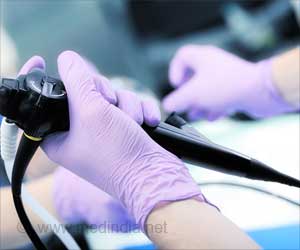People who undergo a total hip replacement are at increased risk of developing stroke in the first two weeks following surgery.

Results showed that patients were five times as likely to have an ischemic stroke within the first two weeks after a total hip replacement and were four times as likely to have a hemorrhagic stroke after the same procedure.
After the first two weeks, the risk dropped steadily but remained elevated during at least the first six weeks for ischemic stroke and the first 12 weeks for hemorrhagic stroke.
A hemorrhagic stroke is caused by bleeding in the brain and an ischemic stroke is caused by artery blockage.
However another aspect of the study, which was the largest one of its kind, demonstrated that patients who took antiplatelet drugs, such as aspirin, prior to surgery lowered their risk of ischemic stroke in the first six weeks by 70%. There was no change for hemorrhagic stroke.
Professor Cyrus Cooper Director of the Medical Research Council Lifecourse Epidemiology Unit, University of Southampton, was lead Rheumatologist of the study and co-author of the study's paper.
Advertisement
"The number of hip replacement procedures will rise as we live longer: on average, the rate of hipreplacement has already increased by over 25% between 2000 and 2009. These results will hopefully help healthcare professionals to provide improved services and help people who have hipreplacements manage the risk of stroke after the procedure."
Advertisement
In England and Wales there are approximately 160,000 total hip and knee replacement procedures performed each year.
Source-ANI















